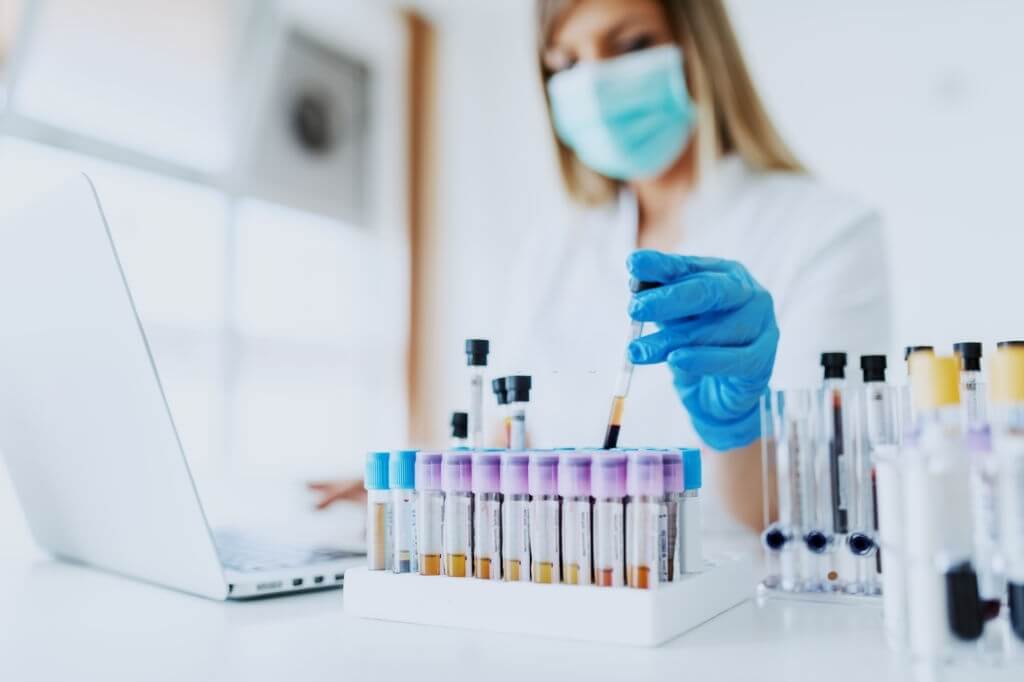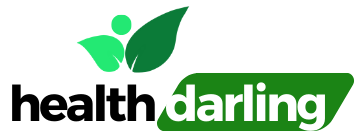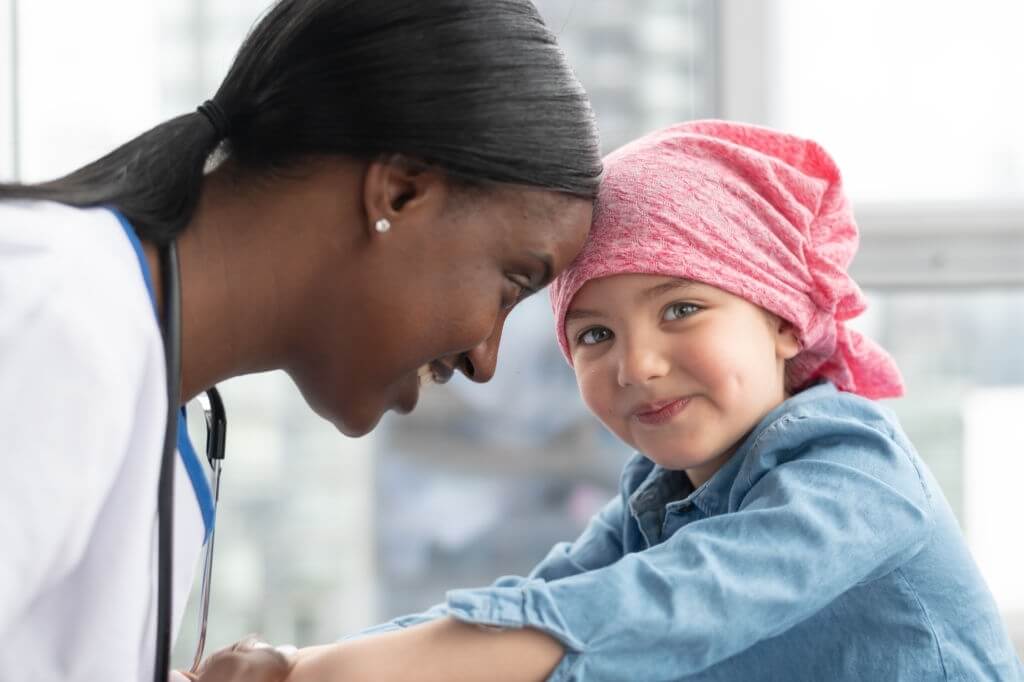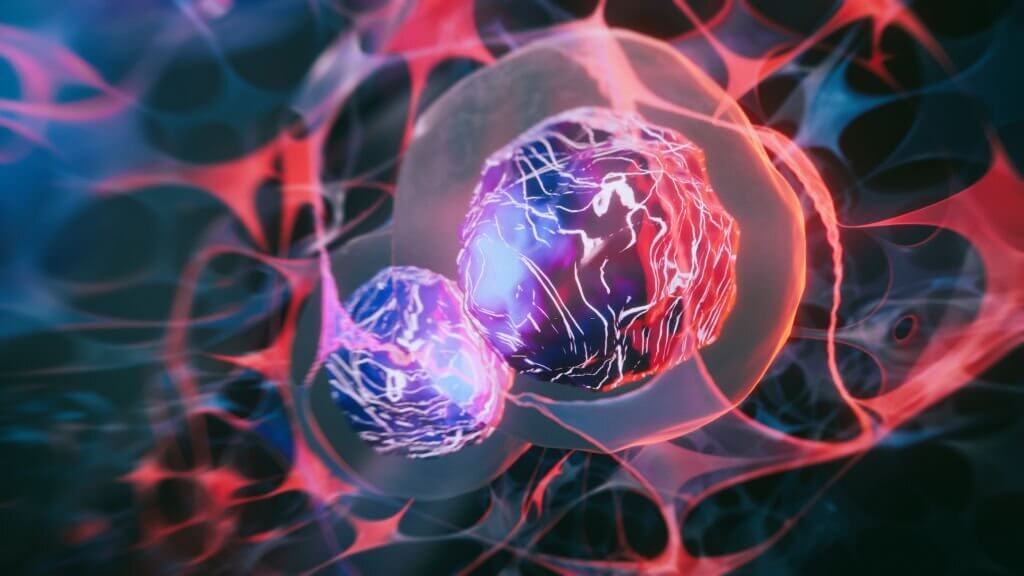We all have heard, and in some cases, believed some myths about cancer and cancer treatment.
Thankfully, the Internet came along, and it became much easier for us to find out more accurate information about the illness.
Unfortunately, the web has also become a breeding ground for many other cancer and cancer treatment myths.
Run a search for cancer myths, and you will see that myths about the disease and available therapies like alternative cancer treatments still abound.
Let’s take a look at some of these cancer myths that everyone has to stop believing.

Cancer Always Leads To Death
To this day, people automatically equate cancer with death. Once a person is diagnosed, he or she might as well have been handed down a death sentence.
That may have been true decades ago, but advancements in modern medicine have led to more effective early detection techniques and treatment options. While cancer remains the second-leading cause of death in the United States, the number of cancer survivors continues to grow.
You’ll Get Cancer With Constant Cell Phone Use
For all the talk about cellular phones emitting low-frequency energy waves that cause cancer, scientists still haven’t found any evidence that confirms it.
Sugar Makes Cancer Grow
All cells (including cancer cells) feed on sugar. There is also research saying cancer cells consume more of it. To this day, however, there is no study proving that sugar has anything to do with the growth of cancer cells. Conversely, stopping sugar consumption doesn’t mean cancer will shrink or disappear.
Only Smokers Develop Lung Cancer
There is no doubt that cigarettes deserve their “cancer sticks” tag, as smoking them does increase one’s risk of developing lung cancer.
Smoking tobacco, however, isn’t the only thing that causes lung cancer. A non-smoker could still end up getting a lung cancer diagnosis after heavy exposure to second-hand tobacco smoke, asbestos, arsenic, radon, and uranium.
You Won’t Develop Cancer If No One In Your Family Had It
Those with family members who had cancer are more at risk of developing the illness themselves. However, just because you don’t have relatives who had it doesn’t mean you won’t get cancer.
Learn More @ Health Darling
Inherited genetic mutations account for a small percentage of cancer cases. The cancer diagnosis of the majority of patients can be attributed to lifestyles and environments. Smokers, heavy drinkers, and workers who handle asbestos, and people who eat processed foods all the time are at high risk of developing cancer, even if they have no family history of the disease.
Deodorants Cause Breast Cancer
Much of the myth that deodorants cause breast cancer revolves around the fact that such products are typically loaded with aluminum-based compounds.
To this very day, there is no evidence that the aluminum-based compounds absorbed by the skin from deodorants cause an elevated risk for breast cancer.
You’re Better Off Not Knowing
If you choose not to find out if you have cancer or not, not knowing won’t make things any better.
If there’s one thing that will increase your chances of surviving cancer, it would be knowing at the earliest possible time that you have it. Early detection and treatment have contributed significantly to higher cancer survival rates.
Cancer is Contagious
Cancer, by itself, is not contagious. The viruses that cause some cancers, however, are. Cervical cancer, for example, is caused by the human papillomavirus or HPV. You are also likely develop liver cancer if you get infected with the hepatitis C virus or HCV.
Surgery Causes Cancer To Spread
The three most crucial mainstream cancer treatments are chemotherapy, radiation, and surgery. If surgery causes cancer to spread, there is no way it will make that list. In any case, there is no scientific evidence that it does that, so we can chalk this one up as plain and simple nonsense.
Doctors Shun Alternative Cancer Treatments
On the contrary, many doctors allow their cancer patients to give alternative cancer treatments a try as complementary therapies. It’s not uncommon for an oncologist to encourage patients to try alternative therapies such as acupuncture, herbs, and yoga since they promise a better quality of life for them.
Also, Read @ 5 Best Full Body Workouts at Home
These are just some of the most common myths about cancer and cancer treatment. If you believe any of these myths at some point, it’s time to stop believing. There is no shortage of facts about cancer, and those are the ones we should accept as true.
About the Author

Lauren Cole is the Content Marketing Strategist of Dayspring Cancer Clinic, an alternative cancer treatment center located in Scottsdale, Arizona. When not working and writing content, she enjoys gardening and reading books.











